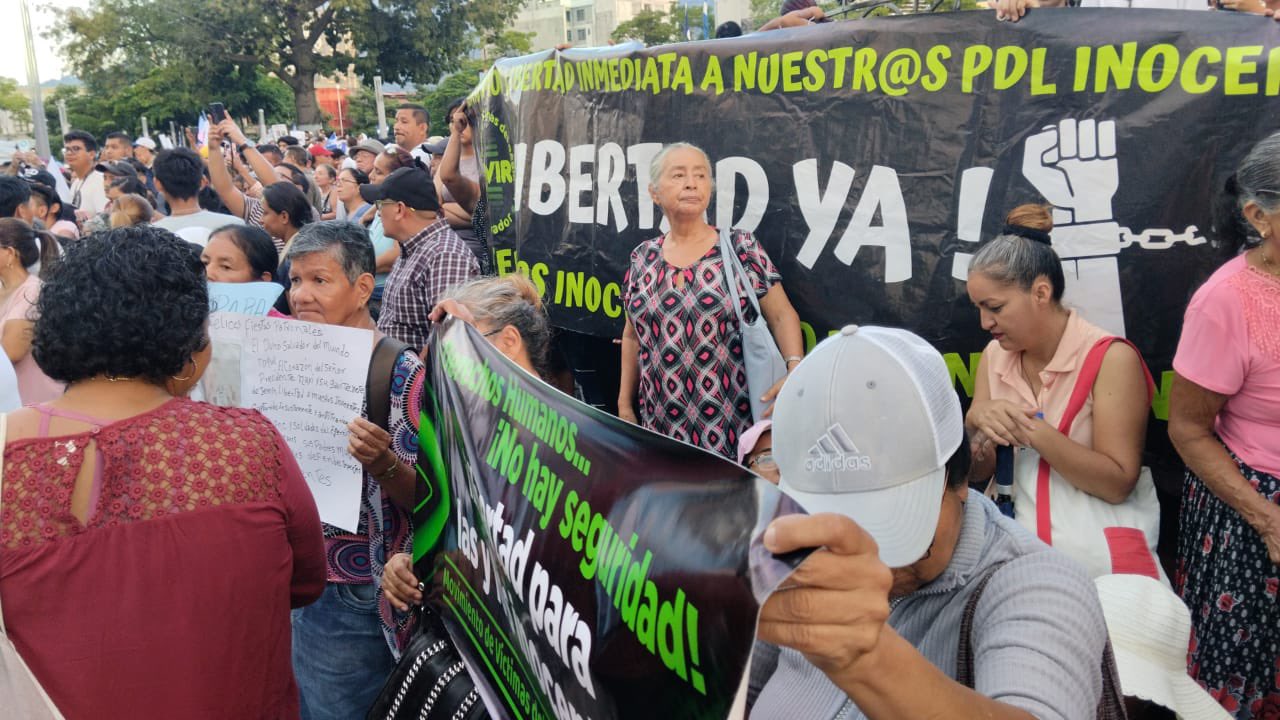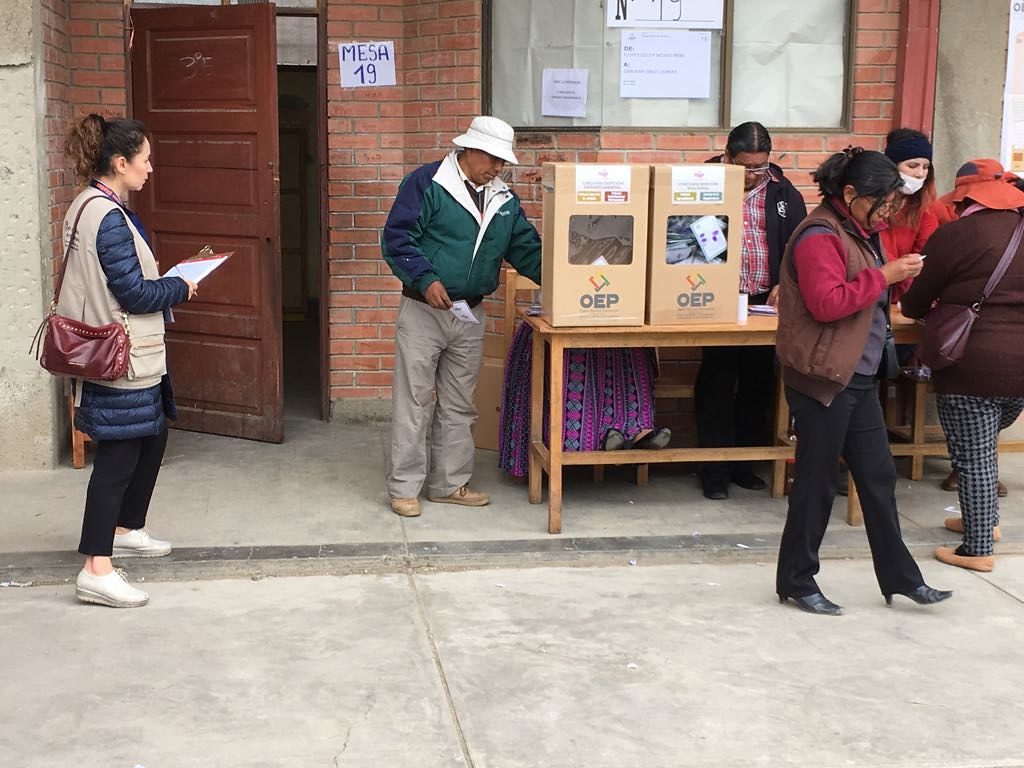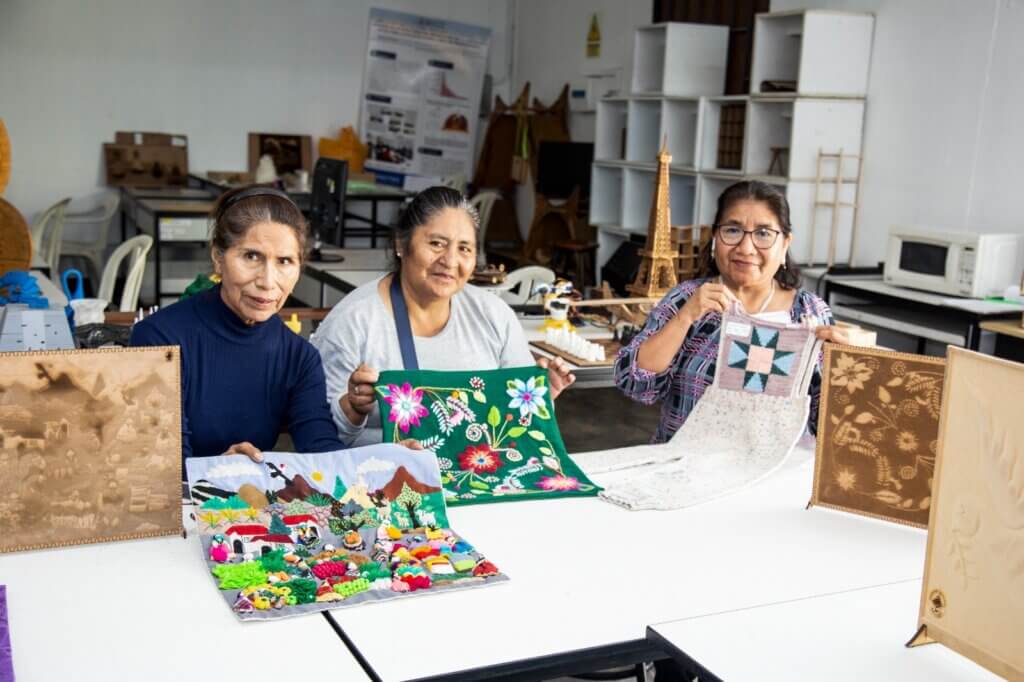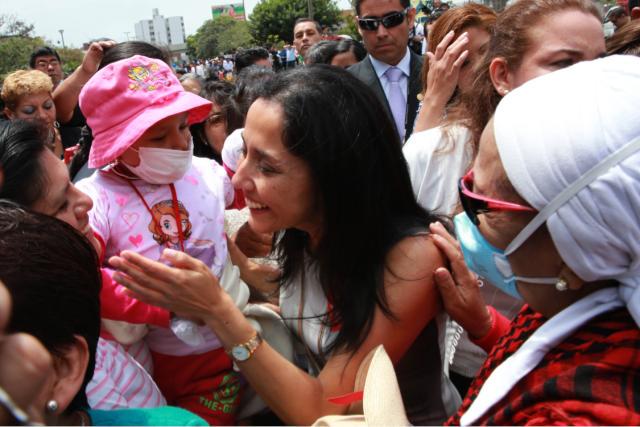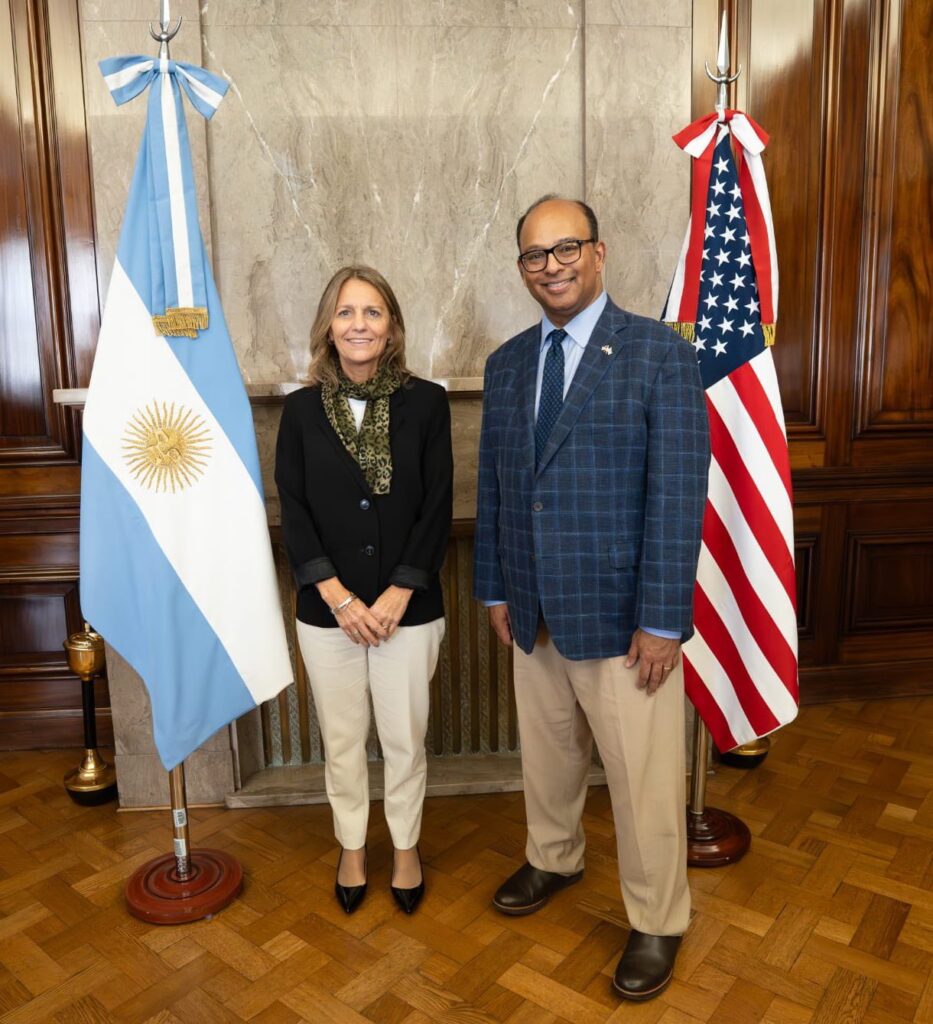The government of Nayib Bukele, through the Legislative Assembly controlled by his Nuevas Ideas (New Ideas) party, approved a new reform on August 22 that extends the detention of thousands of people arrested during the state of exception for up to five years- without access to a trial.
Through a reform to the “Special Law Against Organized Crime”- approved by 57 of the 60 legislators- more than 88,000 people detained since the measure was first enacted in March 27, 2022, will remain in prison for two more years.
It has been well over three years since Bukele’s government and legislators enacted the state of exception, which has prompted thousands of people to remain imprisoned under the measure without ever appearing before a judge.
Human rights organizations like Cristosal, one of the most prominent critics of the state of exception, have stated that this reform effectively legalizes anticipated sentences in the Central American country.
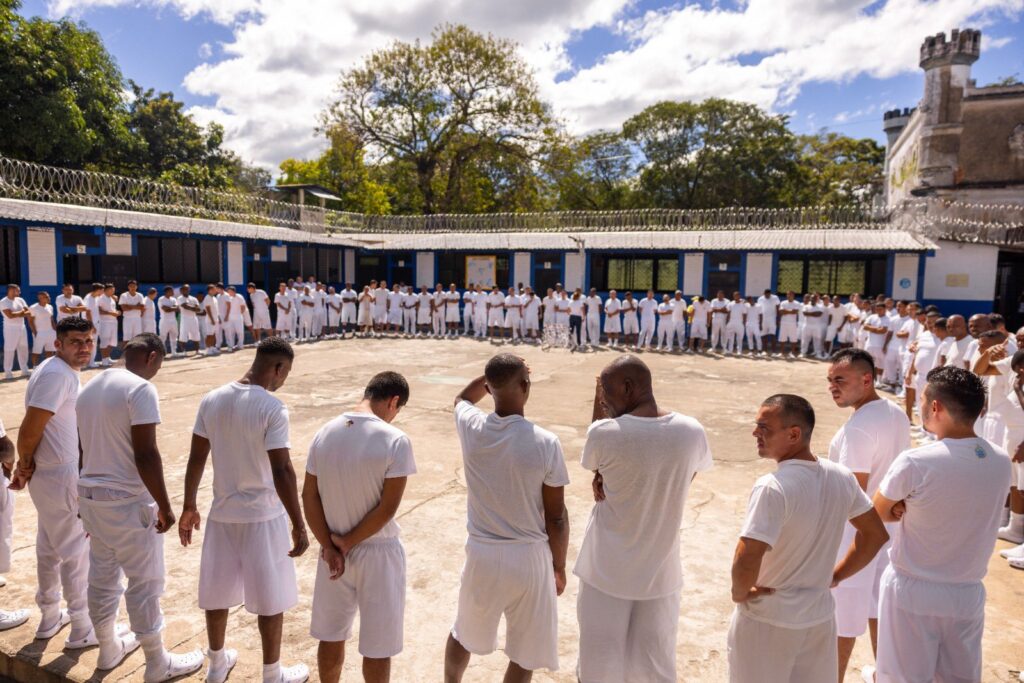
Bukele’s state of emergency is his government’s main security strategy, and has been extended repeatedly by the ruling Assembly since March 2022, after a wave of homicides unleashed by the collapse of a pact between the government and the country’s two main gangs- MS-13 and Barrio 18.
The measure suspends constitutional guarantees for all Salvadorans, including the 72-hour limit on administrative detention, the right to defense, and telecommunications privacy. According to the Organization of American States, it has resulted in the arrest of 88,875 people.
Among the detainess, human rights organizations have documented thousands of reports of arbitrary arrests, torture, and more than 400 deaths of imprisoned individuals while under state custody.
Read more: El Salvador named one of the world’s safest countries in 2023: At what cost?
This is not the first time Bukele’s government has extended the deadline to prosecute the thousands of detainees. On July 26, 2023, the Salvadoran Attorney General’s Office requested the Legislative Assembly to approve an initial two-year period to prosecute supposed gang members under a “single case,” using criteria such as “structure, denomination, operation, and territory”, under “Special Transitional Provisions to Order the Prosecution of Defendants Detained Within the Framework of the State of Exception.”
These provisions expired in August 2025, for which the Attorney General’s Office again requested another two-year extension to present evidence against detainees.
“Anticipated sentences are legalized”
With the recent reform, the Attorney General will now have up to four years to investigate, while thousands remain in preventive detention- extendable in practice to five years before defendants face an initial hearing.
Before the state of exception, Salvadoran law required cases to proceed to trial in just six months.
Human rights NGOs, including Cristosal and the Humanitarian Legal Aid group have denounced that Bukele’s government has “legalized” anticipated prison sentences in the country.
In a statement issued via social media, Cristosal warned that those who remain imprisoned under the state of exception could now stay behind bars for up to five years without access to a fair trial.
“The reforms allow the investigation phase to be extended for more than five years, during which thousands of people detained under the state of exception will have no access to judicial evaluation of the alleged evidence,” the NGO stated.
“Later, they must face a public hearing that can last up to two additional years. This turns preventative detention into a true anticipated sentence,” the organization added.
Roxana Cardona, criminal lawyer and spokesperson for the Social Justice and Citizen Oversight Movement, argued that the deadlines requested by the Salvadoran Prosecutor’s Office violate detainees’ right to defense, as detentions should last a maximum of two years.
“There is fear. Now we are not defending a case, but rather the application of a right. Preventative detention is being taken as a sentence, since people are imprisoned as though they have already been convicted,” she stressed while in conversation with Latin America Reports.
“This reverses the principle of defense: innocence is no longer presumed,” Cardona added.
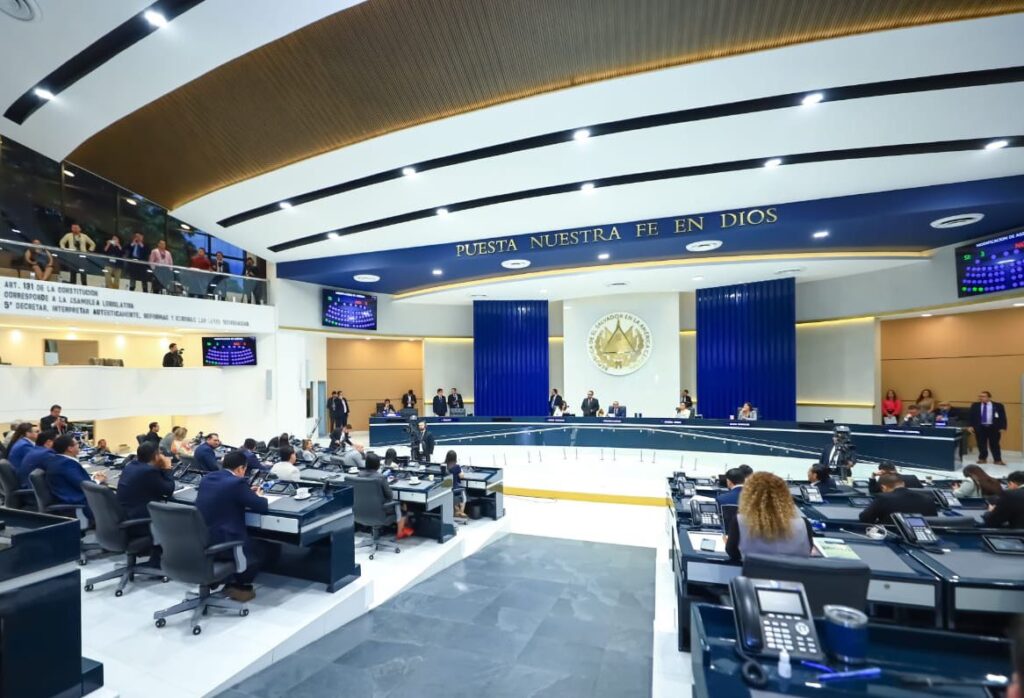
Legislators from the ruling Nuevas Ideas party defended granting prosecutors more time to present evidence against those deprived of liberty, framing the reform as a response to the massive volume of arrests.
Caleb Navarro, deputy leader of the New Ideas caucus, argued that the extended deadlines will allow for faster judicial processes.
“The contemplated measures seek to establish a specialized and dynamic model so that the justice is effective and expedited, and so that it responds to the reality of more than 88,750 gang members detained, accused of belonging to criminal groups,” Navarro stated during the Assembly proceedings.
On the other hand, Claudia Ortíz, a legislator from the opposition Vamos party, criticized the reform, calling it “a reflection of the government’s inability to deliver justice.”
“They have had more than two years to conduct serious investigations into all the cases and bring detainees to trial, and since the institutions have not done so in time, the Assembly now has to do the Prosecutor’s Office a favor and grant them more time,” she stated.
The impact on families
The Humanitarian Legal Aid group, whose main spokesperson, Ingrid Escobar, has gone into exile due to persecution, has been critical of the use of the state of exception to imprison innocent people.
Since 2022, the group has provided legal support to families, repeatedly highlighting the severe economic and psychological toll on relatives of those imprisoned.
“This ordeal for detainees and their families is being prolonged. Families have already spent three years shouldering the cost of providing food packages for their relatives behind bars, and the state is not assuming any responsibility to keep these people alive,” Sara Alfaro, a volunteer with the group, told Latin America Reports.
Families of detainees spend up to $100 USD in preparing survival packages for their imprisoned family members. Often, these supplies are not delivered.
Alfaro recalled that some individuals imprisoned under the state of exception have even received court-issued release orders, yet remain behind bars.
Following the controversial reforms to El Salvador’s justice system, more than 80,000 detainees under the state of exception will be judged by 44 organized crime judges and prosecuted by 300 prosecutors’ assistants, who must present evidence in 600 judicial processes.
Human rights organizations have described these as “summary trials” that guarantee neither access to justice nor individualized consideration of cases.
Featured image:
Image: Family members of detained individuals protest
Source: Movimiento de Víctimas del Régimen, El Salvador via X


